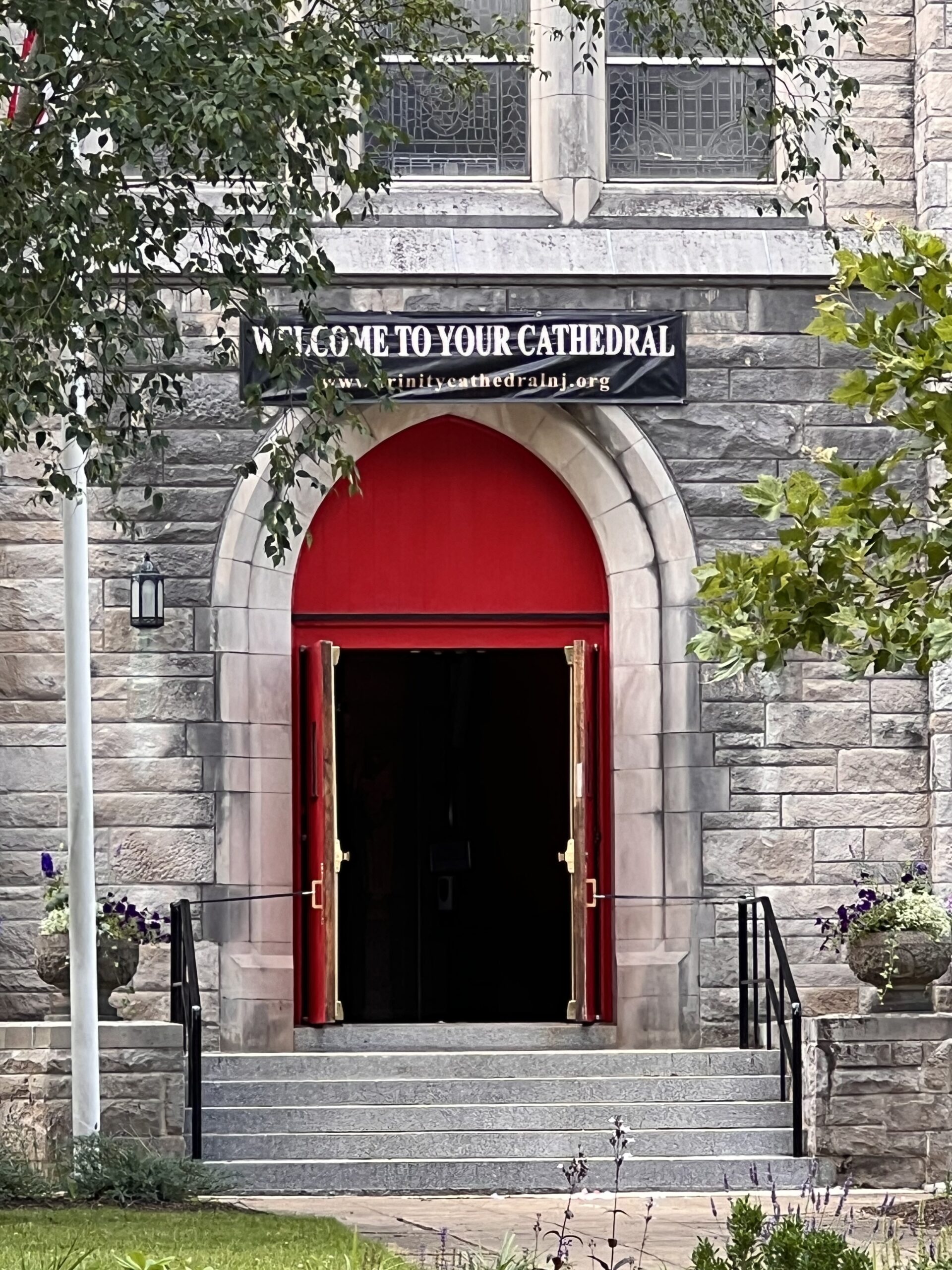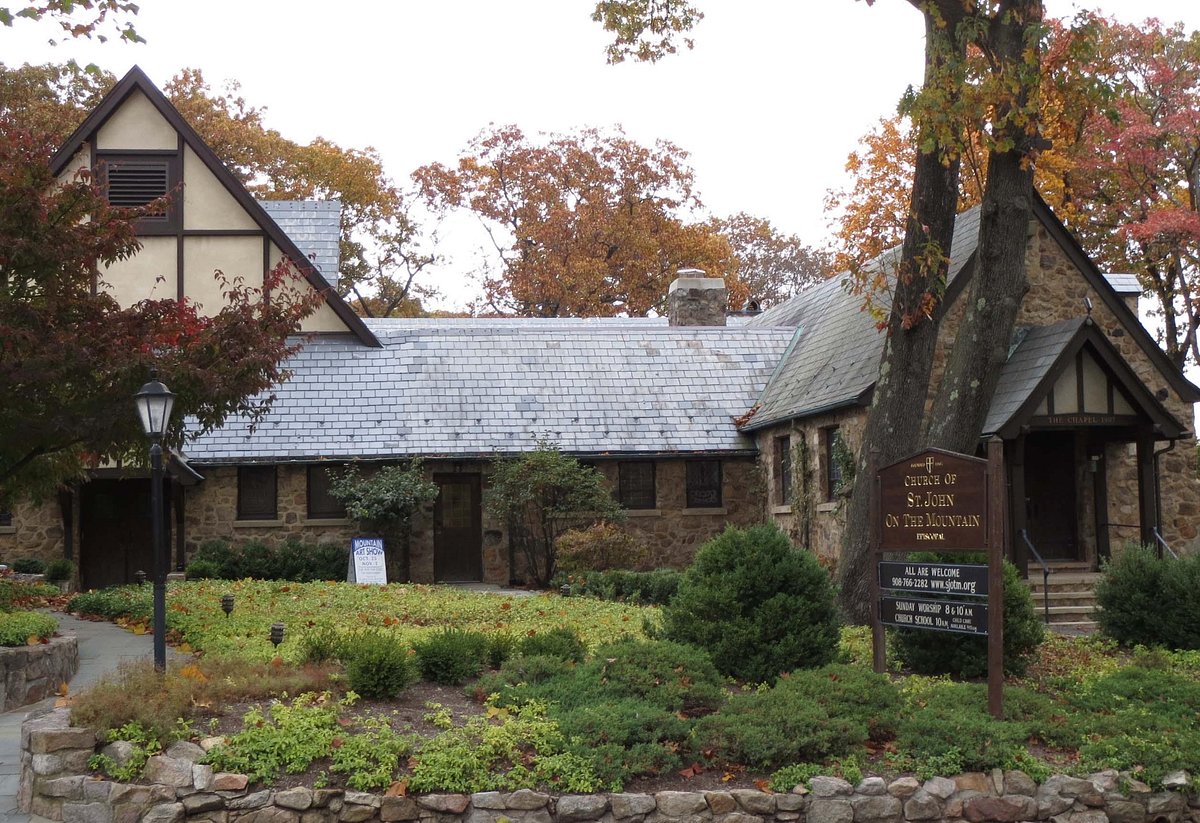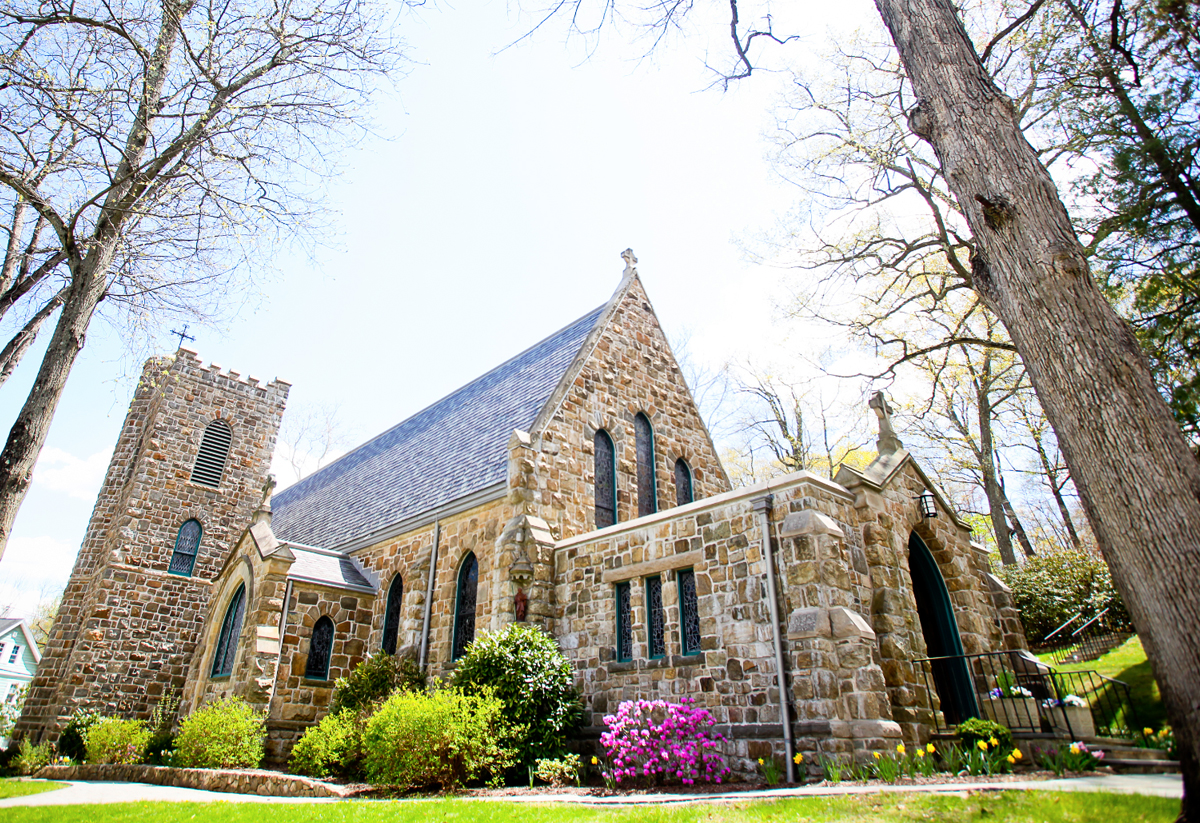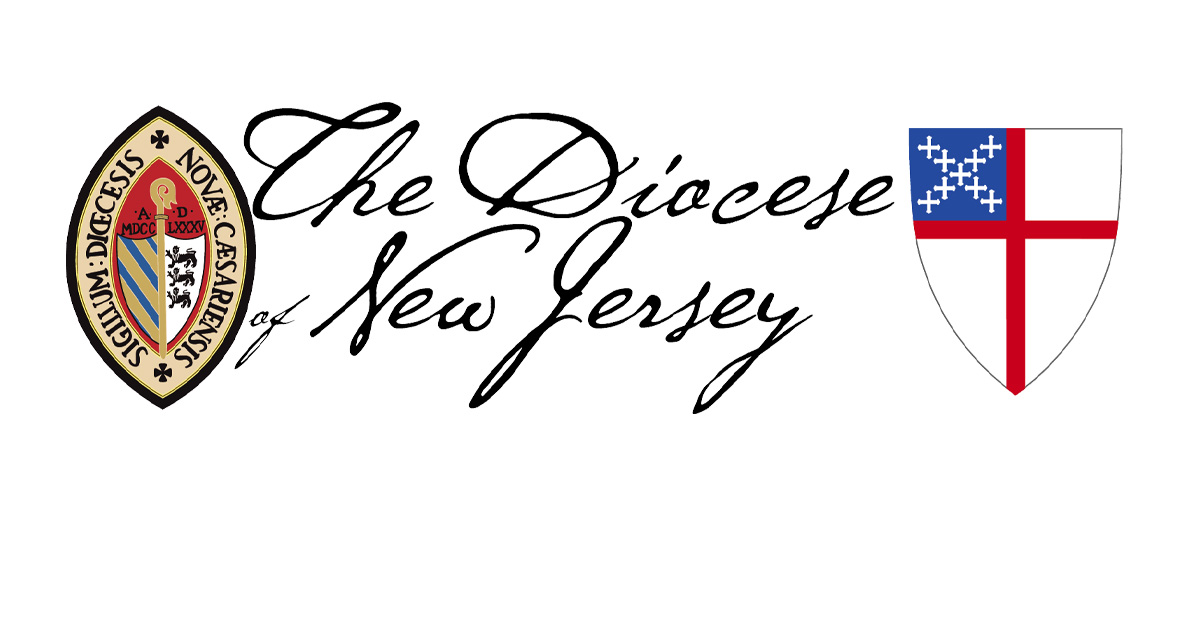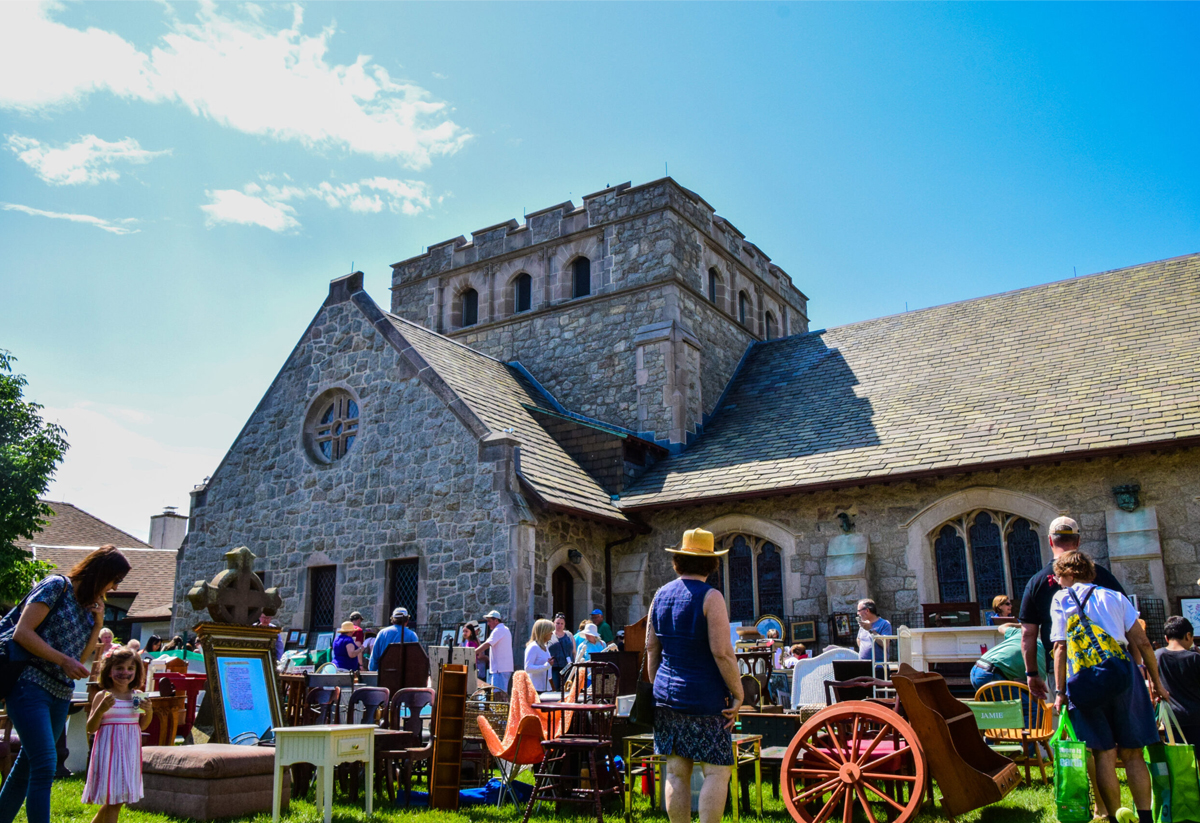
This column is featured in the Encouragers newsletter from Way of St. Paul and the Coaching Network. Request a subscription here.
People who are intrigued by the idea of being part of The Way of St. Paul invariably ask the same question: “What’s the time commitment?” Imagine the look on their faces when I tell them: “90 minutes once a week, or twice a month at the very least. If you can’t commit to that, you’re not ready.”
Saying it that clearly sounds hard-nosed (and maybe it is). It is actually quite hard for me to say it. After all, the more people who engage in The Way of St. Paul, the better I look and the more secure I feel.
I want to say, “oh, don’t worry about it. Do it whenever you have time. Just fit it in after everything else.” (Come to think of it, that’s very close to the message we often say about church participation on every level: coming to worship, serving the community, monetary giving, and more.) Softening what’s required would be so much easier. Don’t worry about it. You don’t have to choose.
The problem is this. We do have to choose what we will do. And no less an authority than Jesus himself makes it clear. In Luke 9, he says,
“If any of you wants to be my follower, you must give up your own way, take up your cross daily, and follow me. If you try to hang on to your life, you will lose it. But if you give up your life for my sake, you will save it.
Later in Luke’s account (vv. 59-62), Jesus is equally unequivocal:
He said to another person, “Come, follow me.”
The man agreed, but he said, “Lord, first let me return home and bury my father.”
But Jesus told him, “Let the spiritually dead bury their own dead! Your duty is to go and preach about the Kingdom of God.”
Another said, “Yes, Lord, I will follow you, but first let me say good-bye to my family.”
But Jesus told him, “Anyone who puts a hand to the plow and then looks back is not fit for the Kingdom of God.”
One of the most challenging aspects of Jesus’ call is that he wants full commitment from us. Our following him is not to be about giving the leftovers of our time, energy, material goods or money. He sets an impossibly high bar (impossible unless we have Him!) and expects us to do our very best to clear it.
Bill Wilson, one of the co-founders of Alcoholics Anonymous and one of Time magazine’s 100 most influential people of the 20th century, wrote that for recovery from alcoholism, complete spiritual commitment was required. For him, and millions who have recovered in the myriad of 12-step programs, being “all in” is key to life-changing (and life-saving) spiritual growth.
“Half measures availed us nothing,” Wilson writes in Alcoholics Anonymous, the “Big Book” of the fellowship. “We stood at the turning point. We asked [God’s] protection and care with complete abandon. Here are the steps we took….”
This is not a hard point to see. Looking at our own lives, most, if not all, of us can see that our lives have changed the most where we have made the greatest commitments: marriage, a college degree, our work or career, our caring for others, our advocating for the oppressed. Commitment, satisfaction, effectiveness and achievement are all woven together.
Commitment to weekly participation in a WayTeam creates so many things that are good for our spirit – and development as disciples. It builds trust and relationships in our spiritual community. It develops healthy intimacy and essential learning skills. It creates a kind of “container” where we can count on each other for help as we “live and love like Jesus and help others to do the same.” Once we overcome our resistance, once we start receiving the powerful benefits of this way of living, we’ll soon see why a real commitment of time, energy and presence is so very important.

